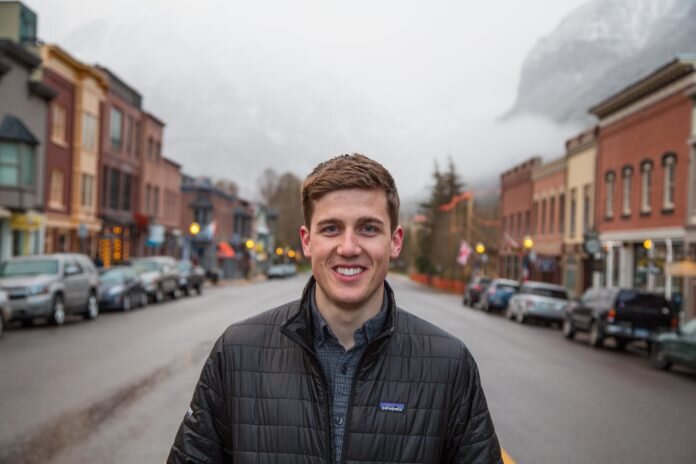Farmshelf CEO Counts On Manufacturing Scale To Become Big Hydroponic Feeder
By Dale Buss
October 2, 2019
These days, Farmshelf basically is only helping grow basil in the back rooms of some of America’s best restaurants. But Founder and CEO Andrew Shearer is pursuing a vision of using manufacturing scale to bring down the cost of his hydroponic horticultural systems to transform his Brooklyn-based startup into a primary engine of the global food system.
And already Farmshelf has experienced the backing of another manufacturer based an ocean away and in an entirely different industry: Mini, the BMW-owned car brand, took Farmshelf under its wings as part of its Urban-X startup-incubator program and then invested in the company, along with angel investors including a handful of Fortune 500 CEOs and celebrity chefs.
Farmshelf sells internet-connected hydroponic systems that come complete with everything needed to grow herbs and vegetables indoors. For $8,250 apiece, customers can purchase Farmshelf’s bookshelf-sized units – there are more than 75 in the market already – and grow food in a “cost-effective, sustainable and easy way,” as Shearer tells Chief Executive.
The systems come with plant pods, nutrients, and the Farmshelf operating system. “You get the pods in the mail and put them into the system, plug it into the wall and add water once a week,” Shearer explains.
So far, restaurateurs and other low-volume customers mainly are growing herbs and leafy greens on Farmshelf. “Herbs is the largest focus because it is the most valuable crop, and it drives a bigger impact on dishes from a flavor and freshness perspective,” Shearer says.
But Shearer’s ambitions are carrying him far beyond. Actually, Farmshelf’s system already can grow about 50 crops, also including strawberries, peppers, tomatoes, radishes and “microgreens,” he says. “We can also grow potatoes and carrots and other things, but we’re focusing on highly nutritious foods that don’t transport well. That makes the most sense. It’s not a zero-sum game; we need to feed a growing population.”
And in that regard, he’s thinking much bigger for Farmshelf as a future food-supply solution. So far, for instance, Farmshelf has been a business-to-business proposition, but Shearer wants “to enable consumers to grow their own food where they are.”
“Today, we’re shipping food 1,500 miles to get to the end-user,” He says. “And urban agriculture struggles with logistics problems. In megacities, the last mile is the biggest problem, with highly perishable goods that don’t transport well. So our solution is internet-connected hydroponic farms that provide plants exactly what they need when they need it.”
Prototyped systems will boost Farmshelf yields by at least half, Shearer predicts, while scaling manufacturing will bring the cost of the system down drastically. “That’s how we can create a solution that will work in Abu Dhabi, Los Angeles, New York or Antarctica,” he says. “It’s not just urban agriculture but distributed agriculture.”
Dale Buss is a long-time contributor to Chief Executive, Forbes, The Wall Street Journal and other business publications. He lives in Michigan.


